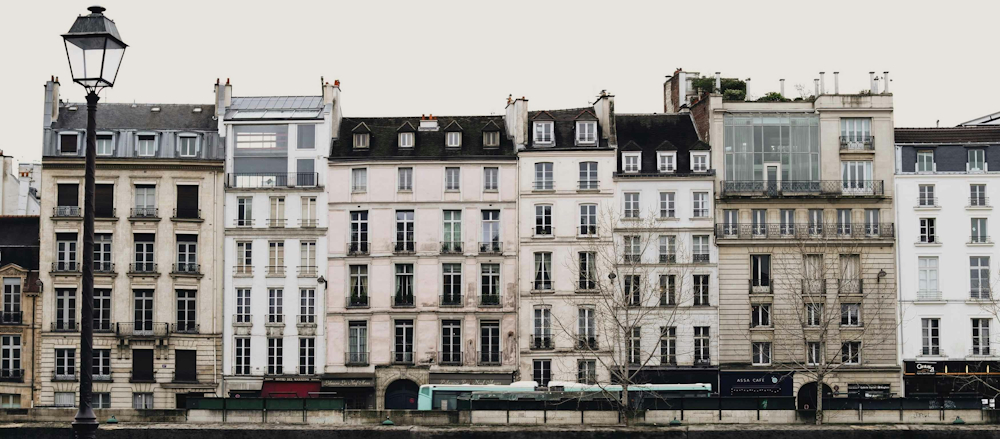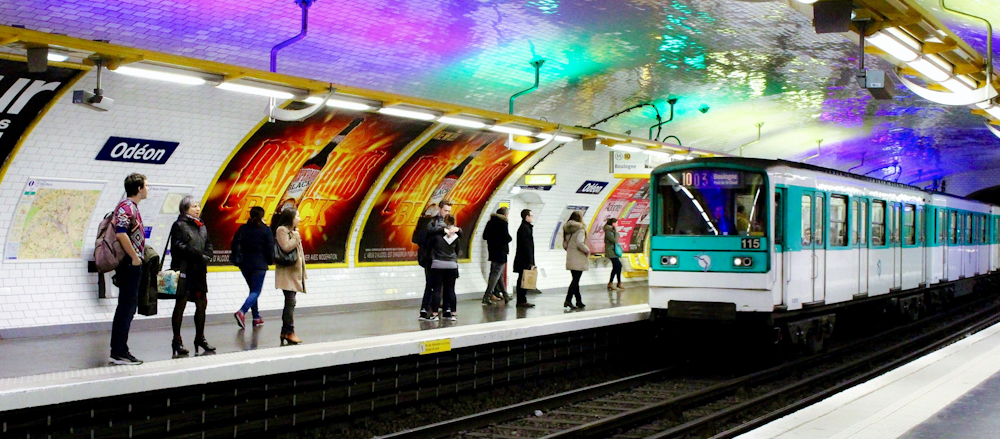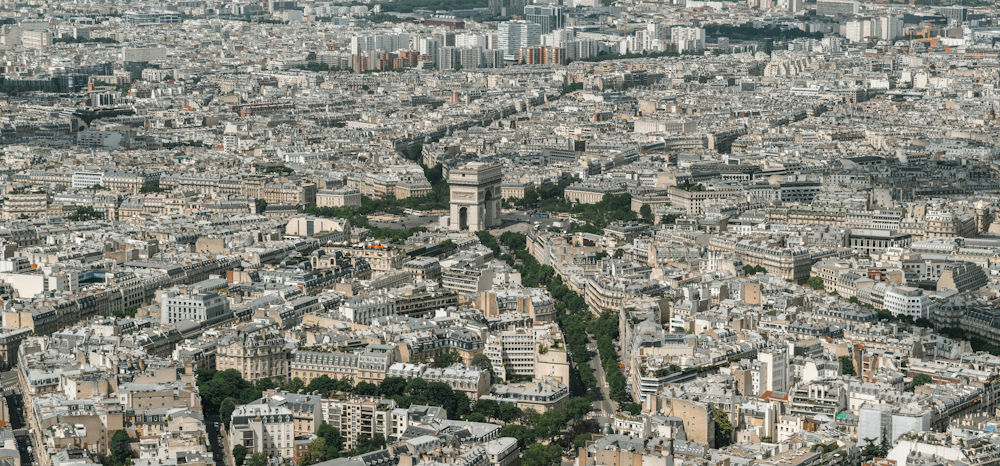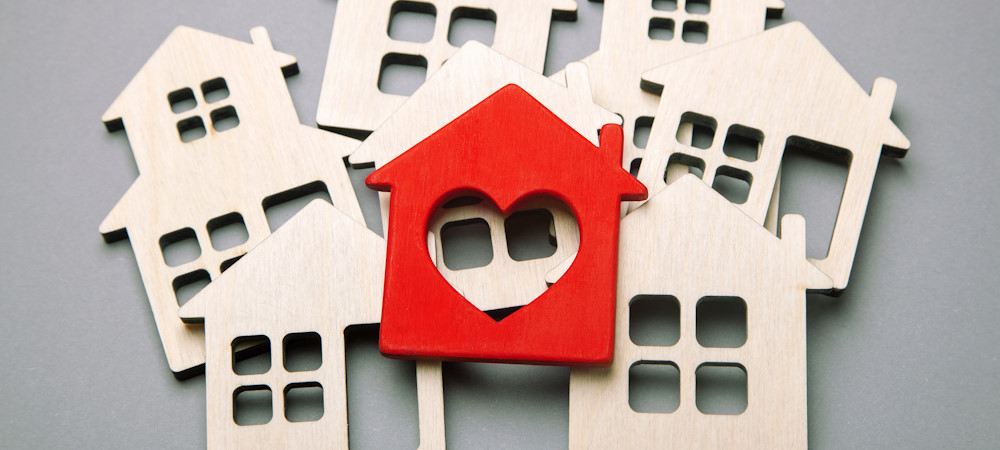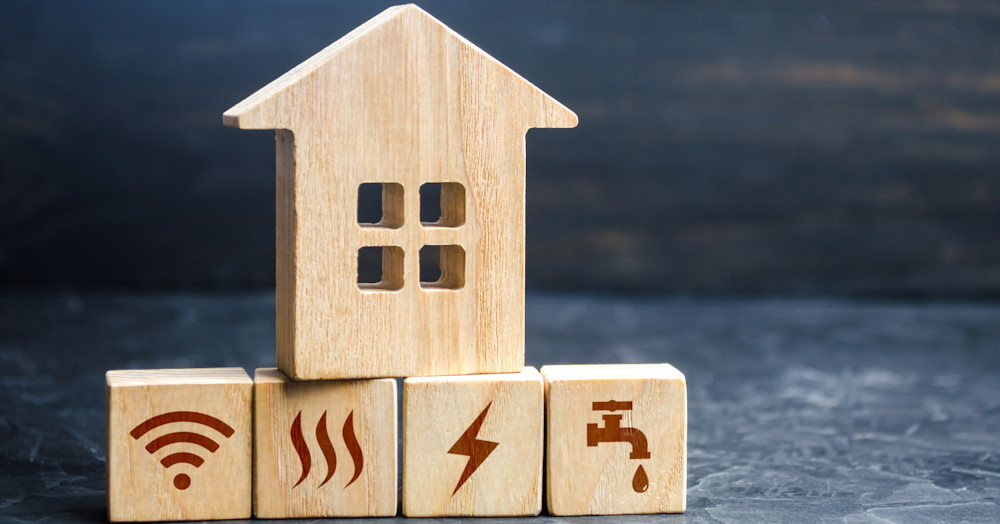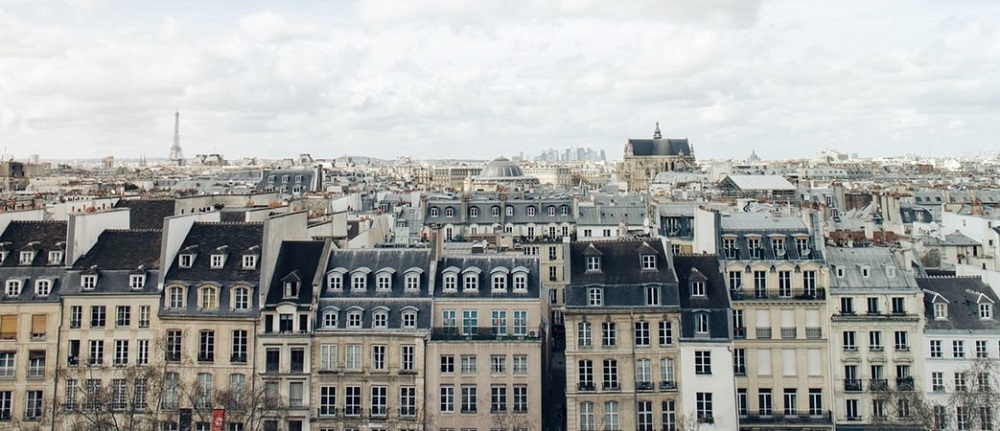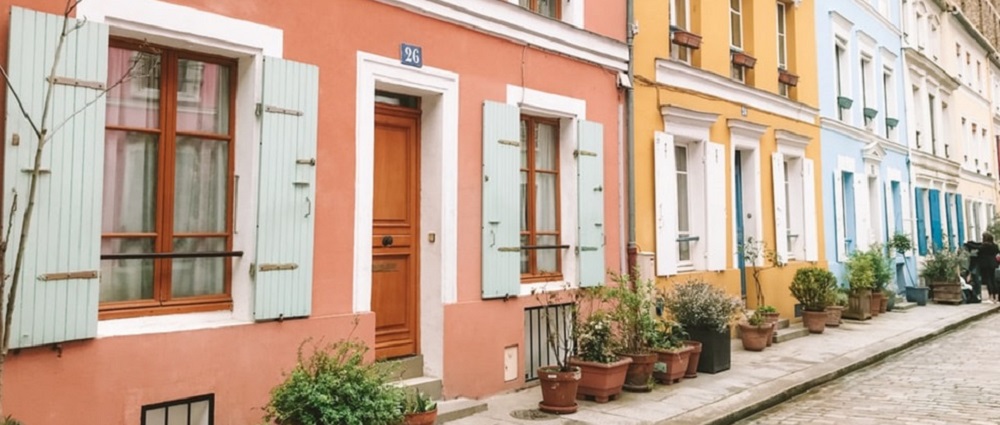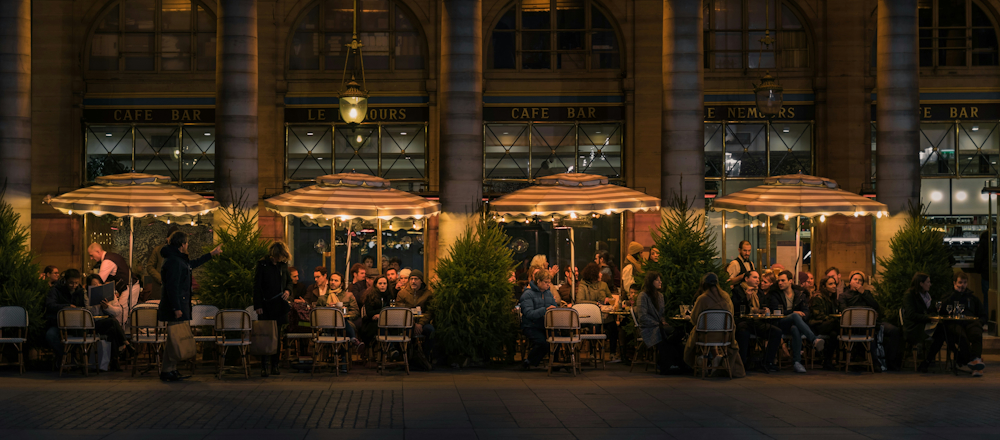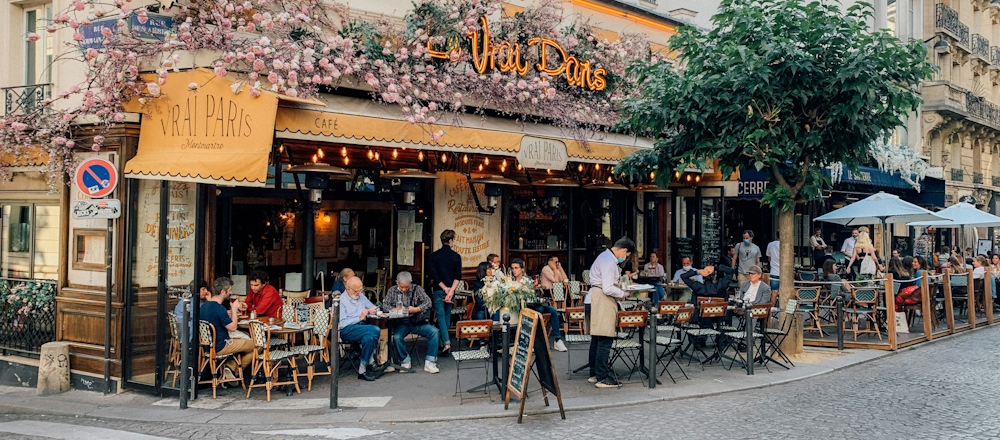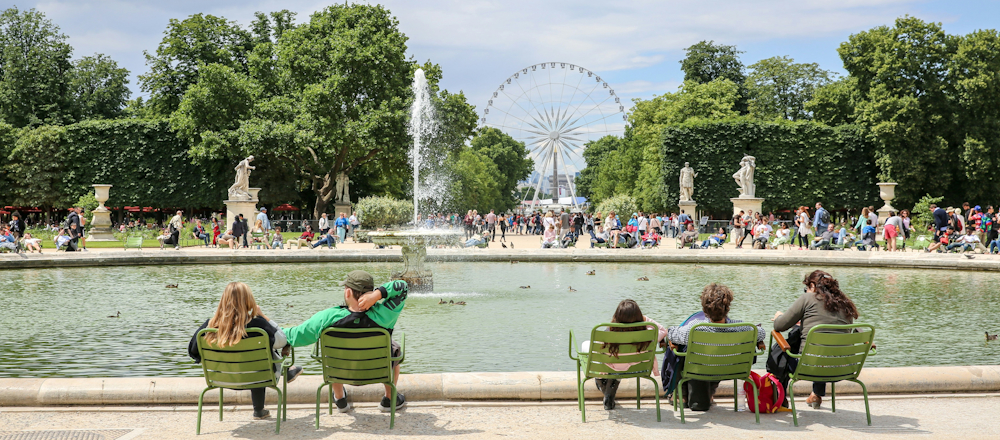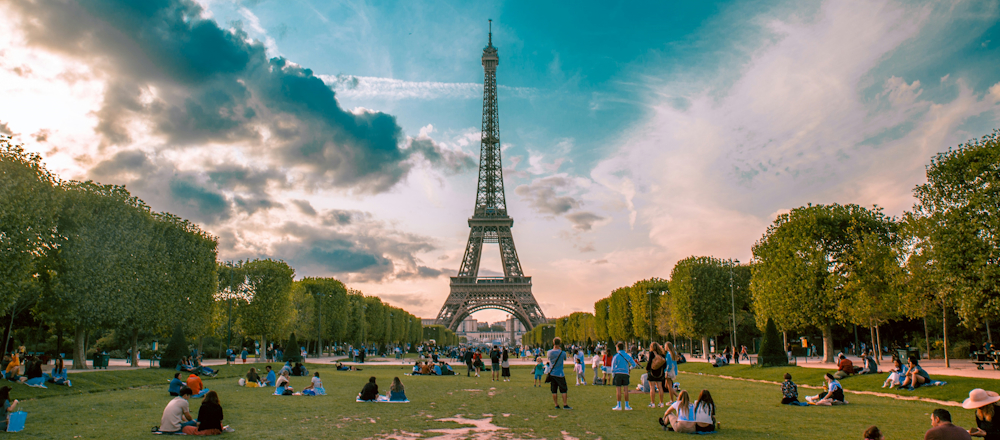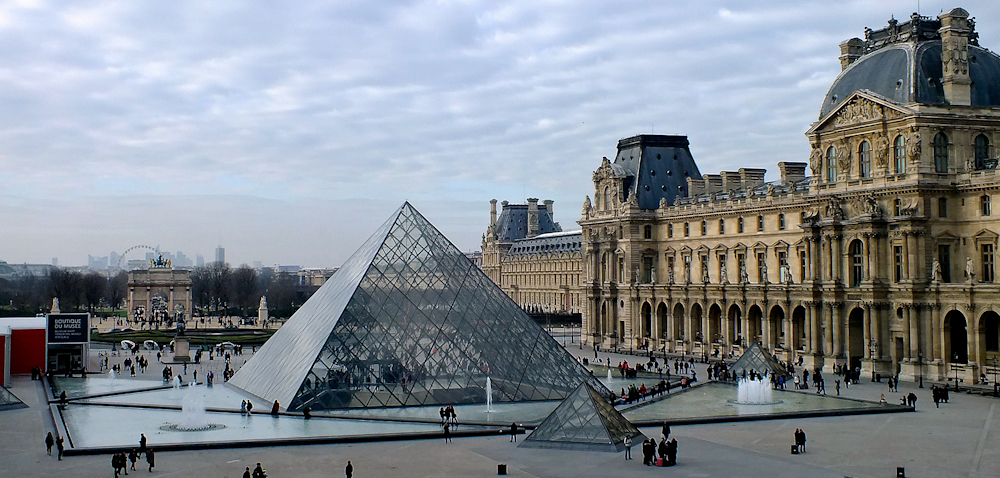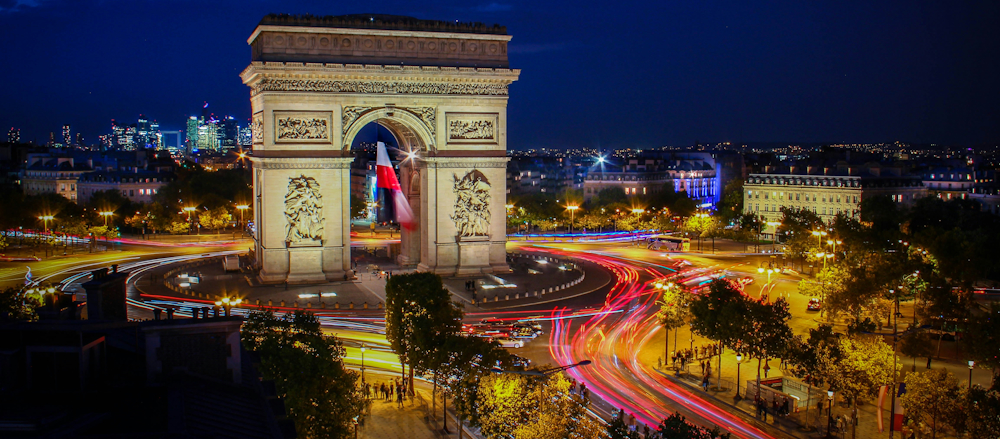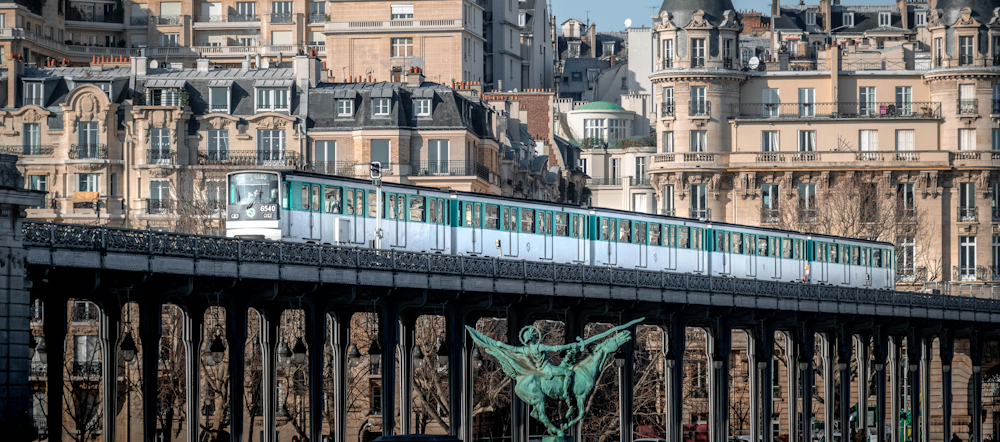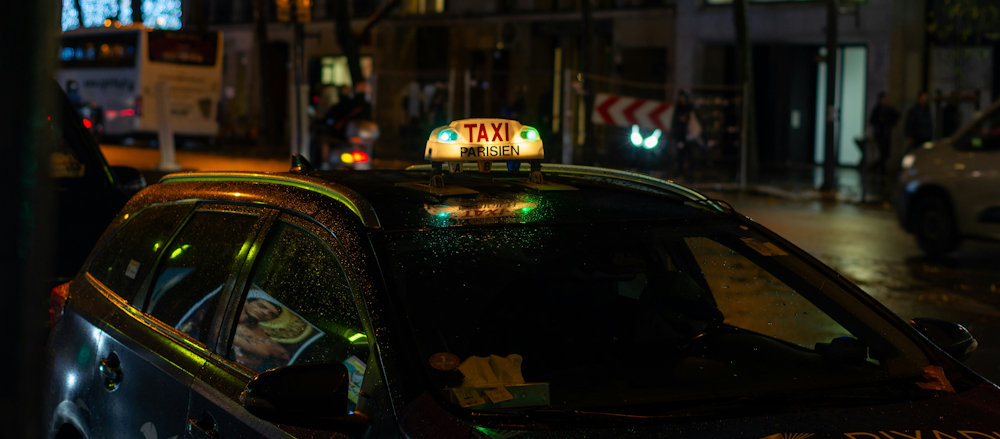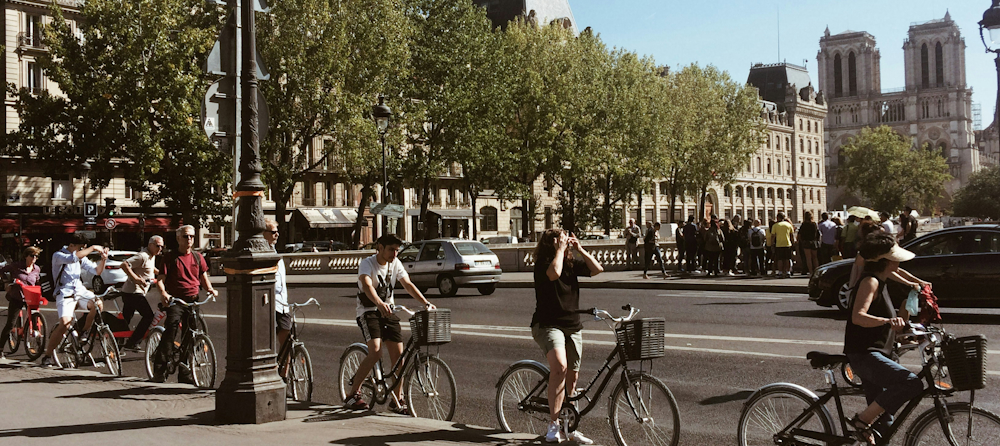Moving to Paris, you’ll discover that expat life in the French capital offers many delights, from grand boulevards and quaint cobbled streets to the pretty River Seine and museums and galleries galore. It is one of the most romanticised cities in the world, and when relocating here, it's easy to see why.
Living in Paris as an expat
Living in Paris means you can count on the city’s thriving, prosperous economy. As a home to numerous Fortune 500 companies as well as global humanitarian and financial organisations, Paris is one of continental Europe’s largest economies and produces over 30 percent of France’s total GDP.
Well-qualified French-speaking expats will find plenty of job options available and can take advantage of the famous 35-hour workweek and large allotment of holiday time. Non-EU nationals will usually need to get a work permit from an employer sponsor prior to arrival.
Getting around in Paris is a breeze. Orientation is simplified by the 20 numbered arrondissements, and an extensive system of buses, metro, RER trains and trams provides accessible and affordable public transport. A private car is a luxury that only businesspeople and status-seekers confess to needing.
The city also has a large-scale bicycle-sharing system called Velib Métropole with over 18,000 bikes (nearly half of which are electric) across 1,400 stations throughout Paris and the surrounding communes.
Finding Jobs and Working in Paris
Work Permits in Paris
Getting Around in Paris
Cost of living in Paris
A downside to the many upsides of living in Paris is the high cost of living, particularly in the competitive rental market. Accommodation is especially costly, with the average rent-to-income ratio exceeding 36 percent. If you’re on a budget, be prepared to downsize and live outside the city centre if you want to cut costs.
Apartment hunting can also be very challenging – the market is incredibly competitive, with dozens of applicants for each available property. Expect to compete with large numbers of people for a living space that you may not be particularly passionate about. Starting your housing search as early as possible is essential to secure accommodation in this tight rental market.
Pros and Cons of Moving to Paris
Cost of Living in Paris
Accommodation in Paris
Shopping, Lifestyle, Activities and Attractions in Paris
Families and children in Paris
The French healthcare system is among the best in the world. If you contribute to social security or have reached retirement age in your home country, you can benefit from the world-renowned public health insurance system (PUMA), which is funded by tax deductions. Typically, it covers about 70 percent of doctor visits, 80 percent of hospital costs, and 100 percent for serious illnesses. The vast majority of French residents use complementary private insurance (mutuelle) to cover the remaining costs.
Many of the best educational institutions and schools in the world are located in Paris. When enrolling your kids in Paris public schools, you’ll find it a rigorous and high-quality educational environment, and the capital is also home to over 40 excellent international schools. These institutions provide high-quality education with different curricula to suit diverse expat needs.
Healthcare and Hospitals in Paris
Schools and Education in Paris
Best International Schools in Paris
Climate in Paris
The climate in Paris is generally pleasant and mild. Summer temperatures typically range between 59°F and 77°F (15°C and 25°C), although in recent years, Paris has experienced more frequent heat waves with temperatures occasionally soaring above 100°F (38°C). Winter is cool rather than cold, with average temperatures between 36°F and 44°F (2°C and 7°C). Spring and autumn offer particularly lovely weather for enjoying outdoor activities.
With so many fantastic activities to enjoy – from world-class museums like the Louvre and Musée d’Orsay to peaceful green spaces such as Luxembourg Gardens and Parc des Buttes-Chaumont, and urban walks along the Seine – you’ll find very little reason to spend too much time at home in Paris.
For expats seeking community, Paris offers numerous clubs, forums, and meetup groups where you can connect with fellow internationals who understand the unique challenges and joys of expat life in the French capital.
On the whole, you’re sure to have a magical time in the City of Lights, for however long you decide to stay.
